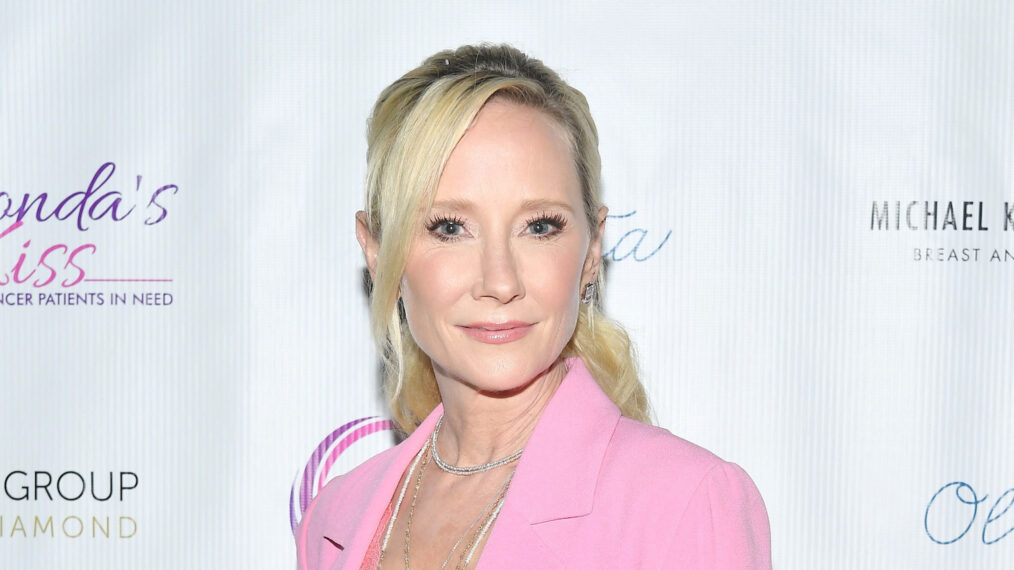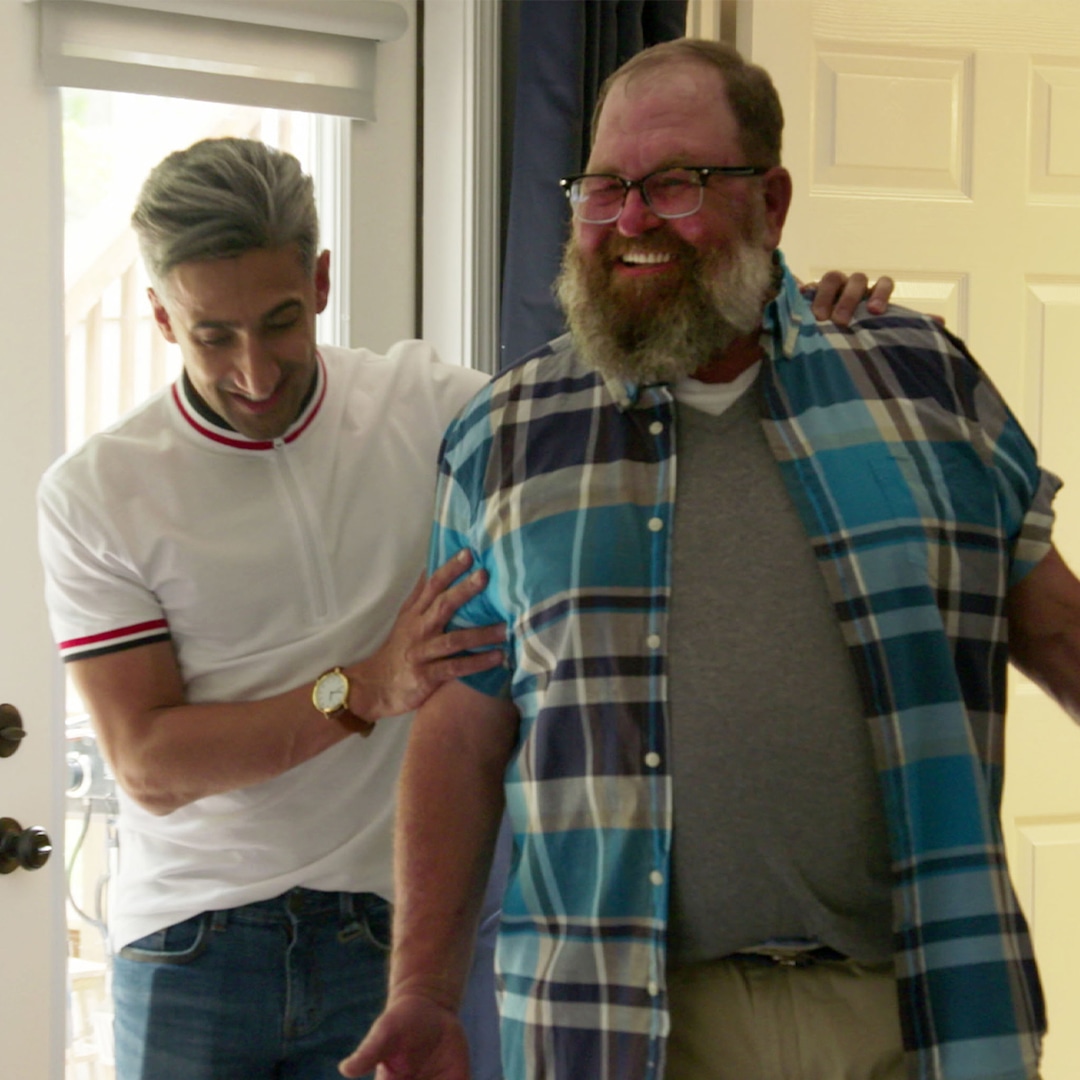New information has emerged about Anne Heche on the day of the car accident that led to her death.
She was not under the influence of drugs or alcohol when she died, according to The Los Angeles Times after looking at a report from the L.A. County medical examiner-coroner’s office. There was inactive cocaine metabolite found in her blood and evidence of cannabinoids and benzodiazepine in her urine. That means Heche had used drugs in the days prior to the crash. Fentanyl was also found in her urine, but she received that for pain when she was brought to the hospital.
The car accident occurred on Friday, August 5, in Los Angeles, California. Heche crashed her car into the garage of an apartment complex, then a house, which caught on fire. Heche was not removed from her car until an hour after that second crash. She was transported to the hospital, and while it was reported that she was stable, an update from her representative two days later listed her status as “in extreme critical condition.” She was legally pronounced dead on Friday, August 12, but was kept on life support until organ matches were found two days later. The L.A. County coroner said her death was accidental.
The Emmy winner’s TV roles included All Rise, Chicago P.D., Quantico, Men in Trees, Everwood, and Another World. She will be seen in The Weeknd’s upcoming HBO series, The Idol. Her Lifetime film Girl in Room 13 premiered in September.
“She had worked with Lifetime before, so she was really excited and pumped to be a part of their Stop Violence Against Women campaign,” director Elisabeth Röhm told TV Insider of Heche and the movie. “She wanted to get underneath [the story] in a really deep, personal way and bring a performance that she wanted an Emmy for on behalf of Lifetime and on behalf of stopping violence against women. She was in it with every ounce of her soul. She was really committed. Every single day, she would come to set and she would say, ‘We will not stand for abuse. And we stand with Lifetime in that commitment to stopping violence against women.’”
She continued, “She was a true advocate. She really, genuinely wasn’t just there to do a movie or collect a paycheck. She really felt committed to the mission and drawing the spotlight to difficult topics like human trafficking.”


























































![Mason Ramsey – Twang [Official Music Video] Mason Ramsey – Twang [Official Music Video]](https://i.ytimg.com/vi/xwe8F_AhLY0/maxresdefault.jpg)




















